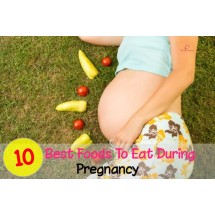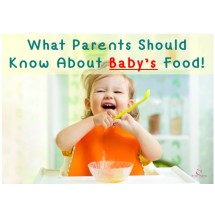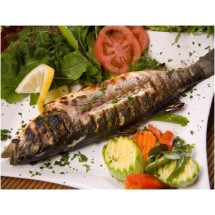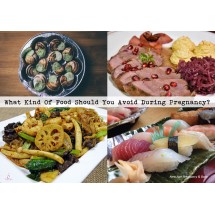For the vegetarian mum, you will need to be careful to eat healthily to ensure adequate nutrition for your baby and also yourself. It is important to choose a variety of foods that provide enough protein and calories for you and baby. You may need to adjust your eating habits slightly while you are pregnant.
Some guidelines for vegetarian mums:
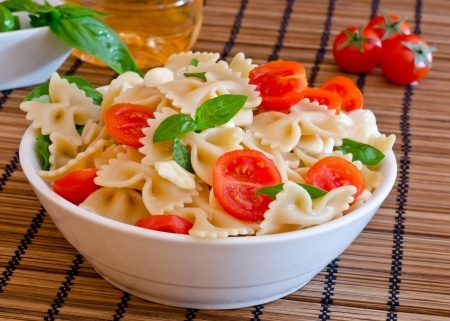
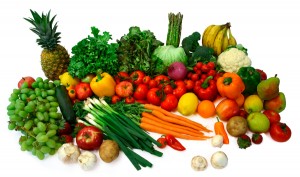
- Eat a variety of foods to get all the nutrients you need. If you do not eat meat, poultry, fish, eggs, or dairy products, you will need to include other sources of protein in your daily diet e.g. nuts, peanut butter,legumes, soy products, quinoa, and tofu.
- Choose whole-grain breads, cereals, pasta, rice, fruits, and vegetables.
- Consume calcium-rich foods a day to help ensure that you are getting 1000 mg of calcium in your daily diet. Sources of calcium include dairy products, seafood, leafy green vegetables, dried beans or peas, and tofu.
- Vitamin D will help your body use calcium. Adequate amounts of vitamin D can be obtained through exposure to the sun and in fortified milk or fortified
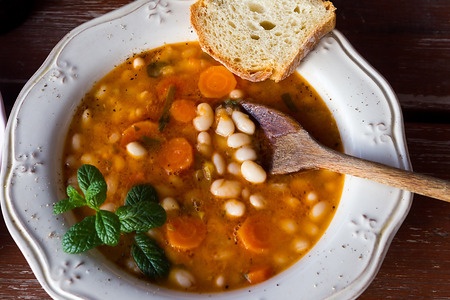 soya milk, cheese, eggs, and fish. Vegans should receive 10 to 15 minutes of direct sunlight to the hands, face, or arms three times per week or take a supplement as prescribed by their doctor or dietitian.
soya milk, cheese, eggs, and fish. Vegans should receive 10 to 15 minutes of direct sunlight to the hands, face, or arms three times per week or take a supplement as prescribed by their doctor or dietitian. - Consume iron-rich foods daily to ensure you are getting enough iron in your daily diet. Sources of iron include enriched rice, fortified breakfast cereals, eggs, leafy green vegetables, broccoli, Brussels sprouts, sweet potatoes, dried beans and peas, dried fruits e.g. apricots, raisins, prunes, and peanuts.
- Consume foods rich in vitamin C every day. Sources of vitamin C include oranges, guava, strawberries, honeydew, broccoli, cauliflower,
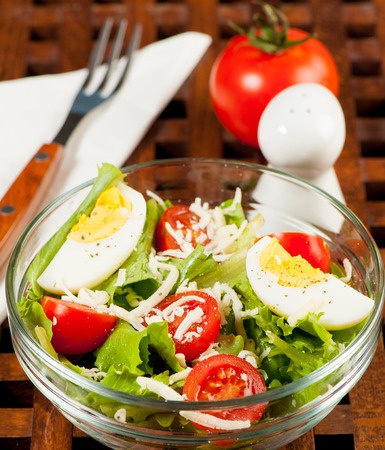 Brussels sprouts, green peppers, tomatoes, and mustard greens.
Brussels sprouts, green peppers, tomatoes, and mustard greens. - Consume foods rich in folic acid every day. Sources of folic acid include dark, green, leafy vegetables, fortified breakfast cereals and legumes such as lima beans, black beans, black-eyed peas, and chickpeas and fortified soya drinks.
- Choose at least one source of vitamin A every other day. Sources of vitamin A include carrots, pumpkins, sweet potatoes, spinach, squash, turnip greens, beet greens, apricots, and cantaloupe.
- Choose at least one source of vitamin B 12 a day. Vitamin B 12 is found in animal products including fish and shellfish, eggs, and dairy products. Vegans are at risk of not consuming enough vitamin B 12. Your doctor or dietitian might recommend a vitamin B 12 supplement.
By Ms Suzanne Khor, Senior Dietician
The Child Development Centre (an affiliation to SBCC Baby & Child Clinic)
Novena Medical Centre #09-04
Tel: 6397 6627
Email: info@thomsonpaeds.com
Website: www.healthwayspecialists.com

